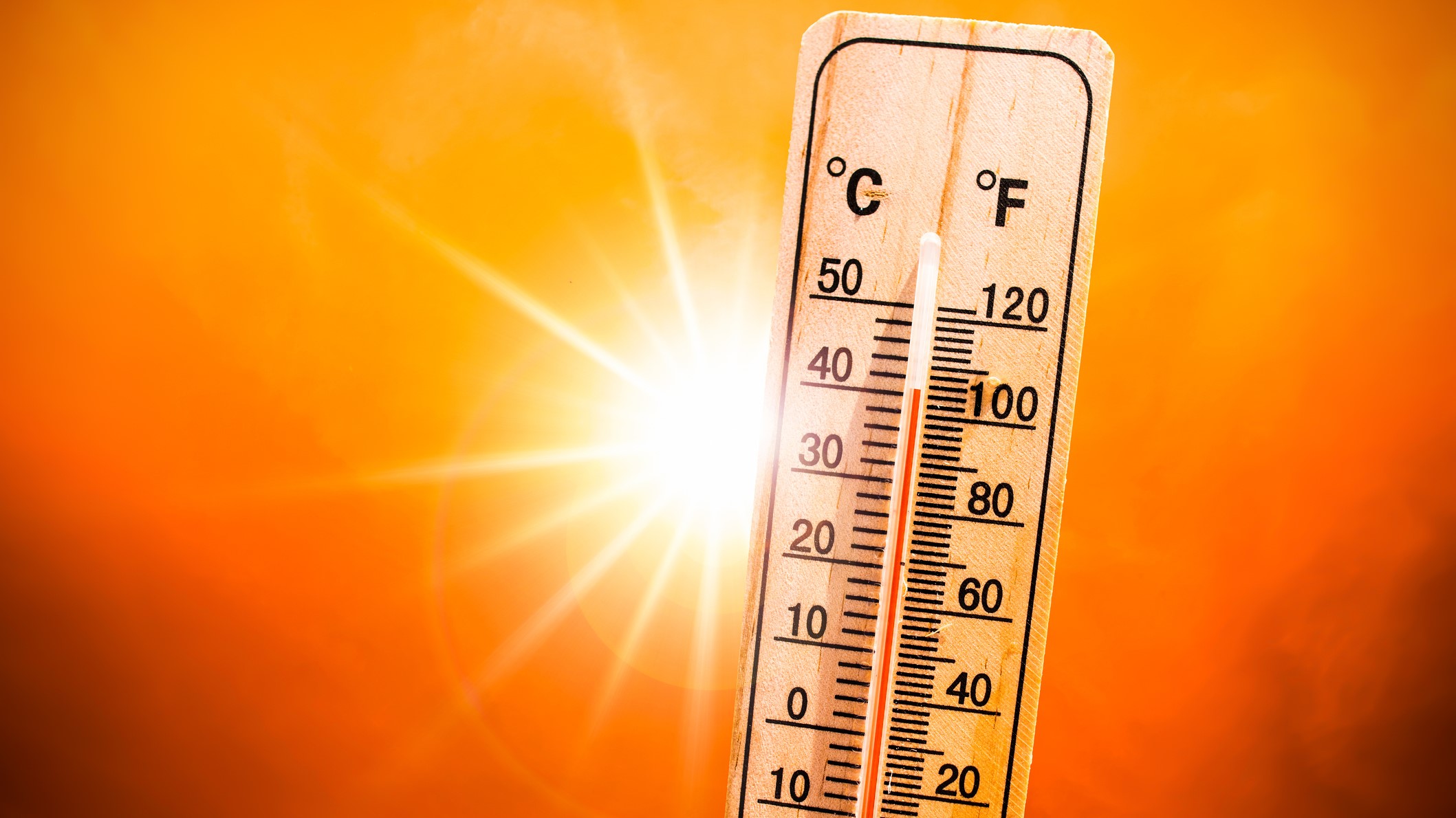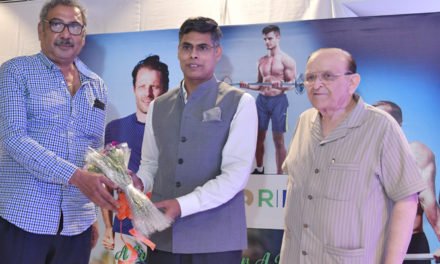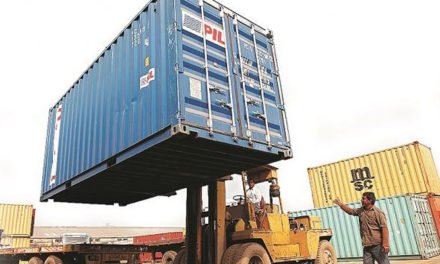
Over 46,000 members of SEWA (Self Employed Women’s Association) in India, many of whom are informal garment workers who complete long hours at home rather than in factories, have taken part in a pilot scheme offering financial support to offset the health implications of extreme heat.
The trial scheme, motivated by the increasing challenges posed to south Asian workplace safety by weather extremes, has been praised by union IndustriALL for “setting an example” for others to follow.
The insurance programme, offering financial assistance to SEWA members in need of healthcare after working in extreme heat, was piloted with women engaged in low-paid, independently employed work across India – much of which is garment production.
Under the terms of the scheme, the daily temperature was monitored and if it reached or surpasses 43.6 degree Celsius for three consecutive days a payment of 250 rupees was transferred to a home-based apparel worker’s account. Another 250 rupees was then paid to the worker if this persists for a fourth day straight.
Research which informed the programme’s creation found that, without any infrastructure to moderate the temperature, informal garment workers were more likely to suffer heatstroke and heat cramps during the peak heat of summer if based outside factory environments.
The pilot “enabled women workers to not compromise on their health without having to choose between protecting their health or feeding their families”, according to Manali Shah, SEWA’s national secretary.
The pressures climate change is placing on garment-producing hotspots is a matter of mounting concern for the sector at large, with recent analysis from Cornell University’s Global Labor Institute forecasting large-scale disruption to the workforce in some south Asian nations by 2030.
In this context, Switzerland-based global union IndustriALL has championed SEWA’s work. Ashutosh Bhattacharya, the organisation’s south Asia regional secretary, praised the heatwave insurance model for “setting an example for other unions and also the government to start thinking on how to safeguard workers’ health in the wake of climate change and rising heat across the region”.





















